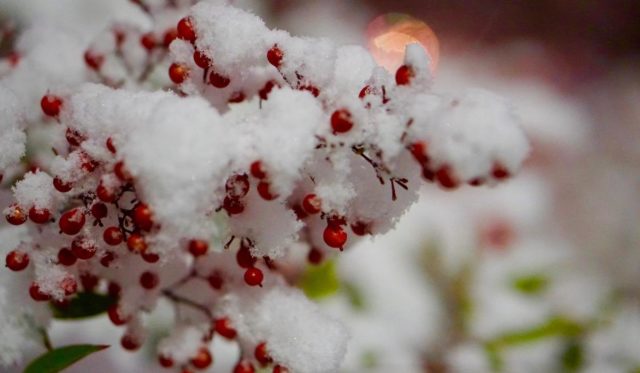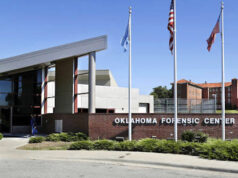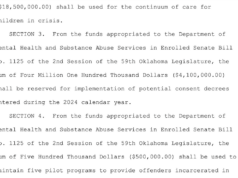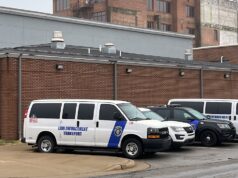
The holiday season is normally a time for joy and celebration, a time to connect or reconnect with family and friends. But, for many, it is also a time to reflect on the loss of those we love.
Many Oklahomans are grieving. With roughly 680,000 documented COVID-19 cases in the state resulting in nearly 12,000 deaths, the ongoing pandemic has created its own mental health crisis, perhaps the worst I have encountered in more than 20 years as a psychologist. Additionally, overdose rates are at an all-time high. For the first time in U.S. history, more than 100,000 people died over a 12-month period from fatal overdoses. Oklahoma ranks in the top 10 states for non-medical drug use and suicide.
People all over the world have suffered significant losses, leaving a large ring of bereaved parents, children, siblings, grandparents and spouses. A staggering number of children, about 1.5 million in the United States, have lost a caregiver during the pandemic. There are likely very few of us who have not been touched in some way by these traumatic events. A shadow hangs over us, and the holidays make the heartache that much harder to bear.
It is normal to react with sorrow and grief when we lose someone we love or experience some other significant loss. Grief is an inevitable part of life, but grief can become problematic when an individual becomes “stuck” in it.
The American Psychiatric Association recently added “prolonged grief disorder” (PGD) as a diagnosis in an upcoming revision of the Diagnostic and Statistical Manual of Mental Disorders. A number of things can possibly point to PGD: continued grief after a year with feelings of loneliness or detachment from others, the feeling life is meaningless, intense anger, bitterness and/or sorrow and difficulties engaging with others or pursuing personal interests.
But you don’t need a diagnosis, or even a disorder, to reach out for help. We all have hardships, and, even in the best of times, we all can use some support. At the end of the year, many of us reflect on our life trajectories and could use some counseling and guidance for changes we would like to make.
Finding help and hope for yourself and others
The good news is that, where there is sorrow and pain, hope also exists.
Though Oklahoma faces a number of mental-health challenges, there are also many people here with a commitment to quality, evidence-based practices in treating mental health and substance use disorders.
RELATED
How to find a therapist in Oklahoma by Jeanette Moore
In fact, Oklahoma ranks in the top 10 nationally for the number of mental health providers per capita, and there are a number of ways to reach these services, as Jeanette Moore outlined in her recent piece about how to find a therapist. For immediate help, you can simply dial 211 to connect to Oklahoma’s free referral and information helpline that connects people to a wide range of health and human services. (As always, in an emergency, call 911. And the national suicide hotline is available around the clock at 1-800-273-8255 or through Lifeline Chat.)
The holidays are also a time when many people think about what they can do to help others and make a difference. One way you can offer hope to others is through advocacy.
Many decisions that have an impact on mental health treatment in our state are made every year by Oklahoma legislators. Contact your elected officials and ask them what they are doing to improve mental health and substance use service availability in Oklahoma. I also invite you to follow the Alliance of Mental Health Providers of Oklahoma on Facebook or Twitter to stay up to date on efforts to improve mental health outcomes in our state.
Mental health issues stem from disorders of the brain. When facing any physical disorder — such as diabetes, asthma or flu — we think little of going to a physician to seek help to heal. In the same way, caring, compassionate, trained practitioners can provide hope and healing for the effects of loss, grief, and trauma currently plaguing many people in our state.
Make this a gift you give yourself this year.






















